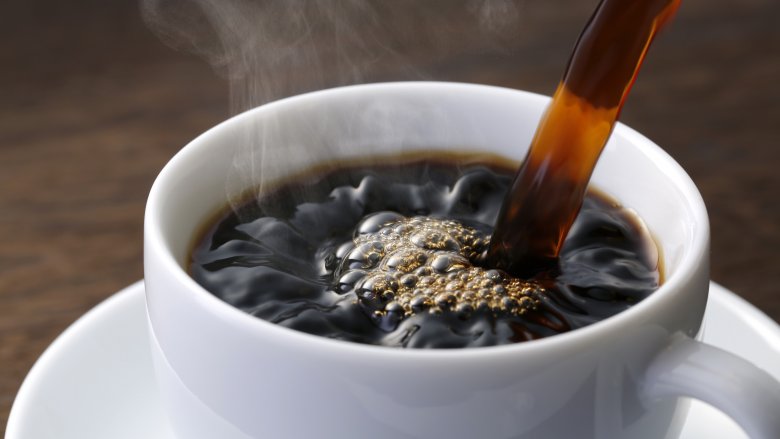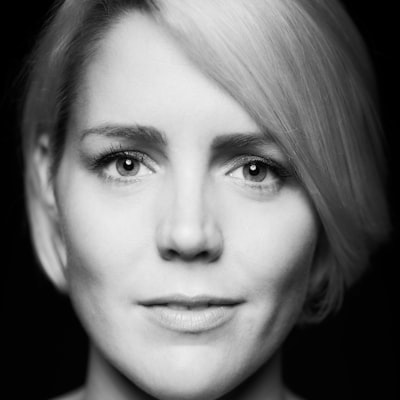Indicators on The Dangers Of Abusing Caffeine Pills - Vertava Health You Should Know

The Ultimate Guide To Caffeine Addiction - 12 Step
What is caffeine? Caffeine is the stimulant in your coffee, tea, chocolate and soda that minimizes tiredness, increases alertness and gives you an increase of energy. It can likewise trigger sleeping disorders, headaches, dehydration and hypertension, if you're not mindful. For many, caffeine is a tool to assist them get up, perk up and concentrate.


An Unexpected Threat to Addiction Recovery: Caffeine
Caffeine is a white, bitter compound that's discovered naturally in over 60 plants, consisting of coffee beans, tea leaves and cacao pods that are utilized to make chocolate. The U.S. Fda (FDA) considers caffeine to be both a food additive and a drug. The quantity of caffeine in your food and drink differs.

What are the best methods to gently retreat from a caffeine addiction? - Quora
Coffee can have as little as two milligrams of caffeine (decaf coffee) per cup, and as much as 200 milligrams per cup. Your typical tea has about 40 milligrams of caffeine, but it can range from nine to 110 milligrams. Twelve ounces of soda pop/soft beverage generally has 30 to 60 milligrams of caffeine.
What effect does caffeine have on the body? Caffeine passes into your bloodstream from your stomach and little intestine. Once in your bloodstream, caffeine stimulates your main anxious system your nerves, brain and spine cord to make you feel more awake and alert. Caffeine lowers tiredness and enhances focus and concentration.
See This Report about Can decaf help with caffeine addiction? - Quora
When you drink or consume caffeine, the dopamine signaling in your brain is enhanced. Dopamine is a chemical that assists with controlling inspiration, feelings and motion. You feel more alert and awake when the signaling boosts. Just how much caffeine is excessive? The typical American adult consumes 200 mg of caffeine a day.

Am I Addicted To Caffeine - Signs Of Caffeine Addiction
Taking in approximately 400 mg or four cups of coffee does not cause issues for many people. But, caffeine affects people differently, depending upon their size, gender and sensitivity to it. If you're delicate to caffeine, even moderate amounts can cause sleeping disorders (trouble sleeping), fast heart rate, stress and anxiety and sensations of restlessness.
What are the signs of having excessive caffeine? Symptoms of having excessive caffeine might consist of: Headache, uneasiness, lightheadedness. Having "the jitters" or feeling unsteady. Insomnia or sleep that is "on and off" throughout the night. Racing heart or unusual heartbeat. Increase in high blood pressure. This Is Noteworthy . Who should prevent caffeine? It's not safe for everybody to have caffeine in their diet plan.
